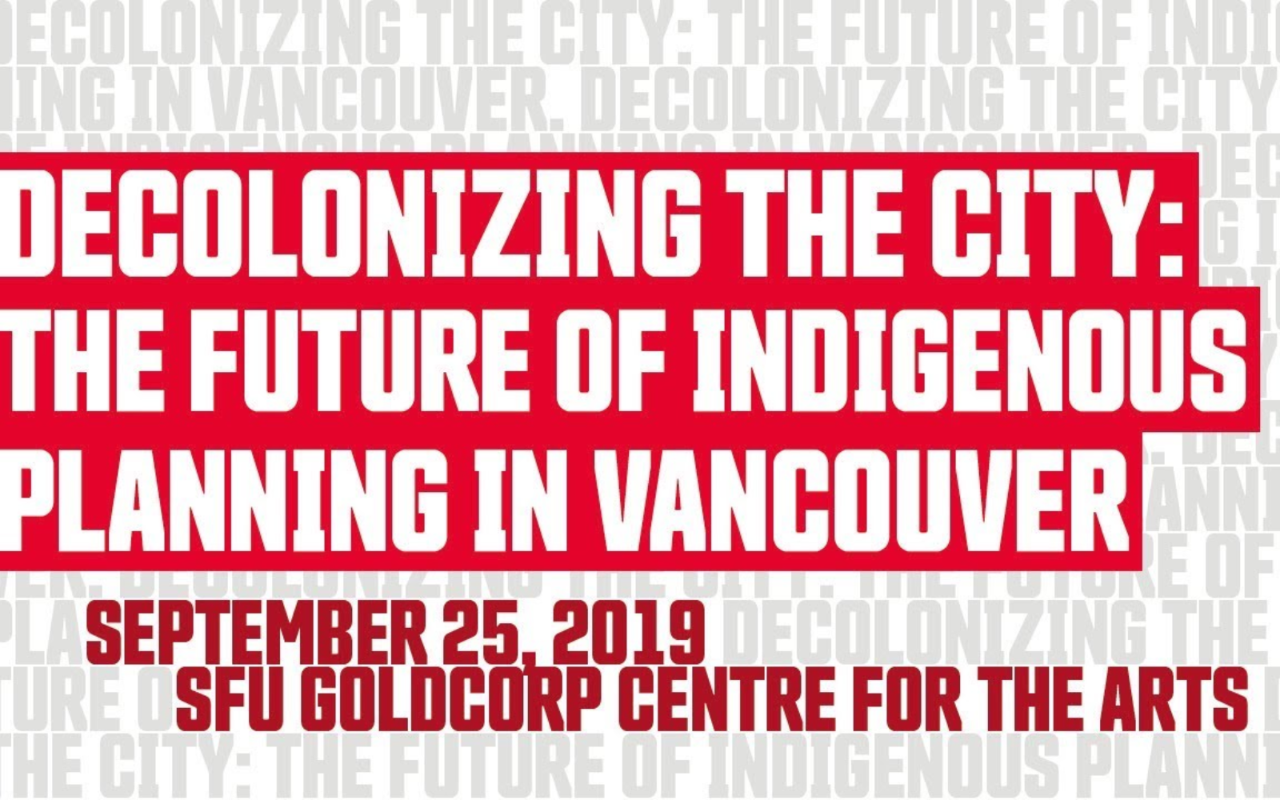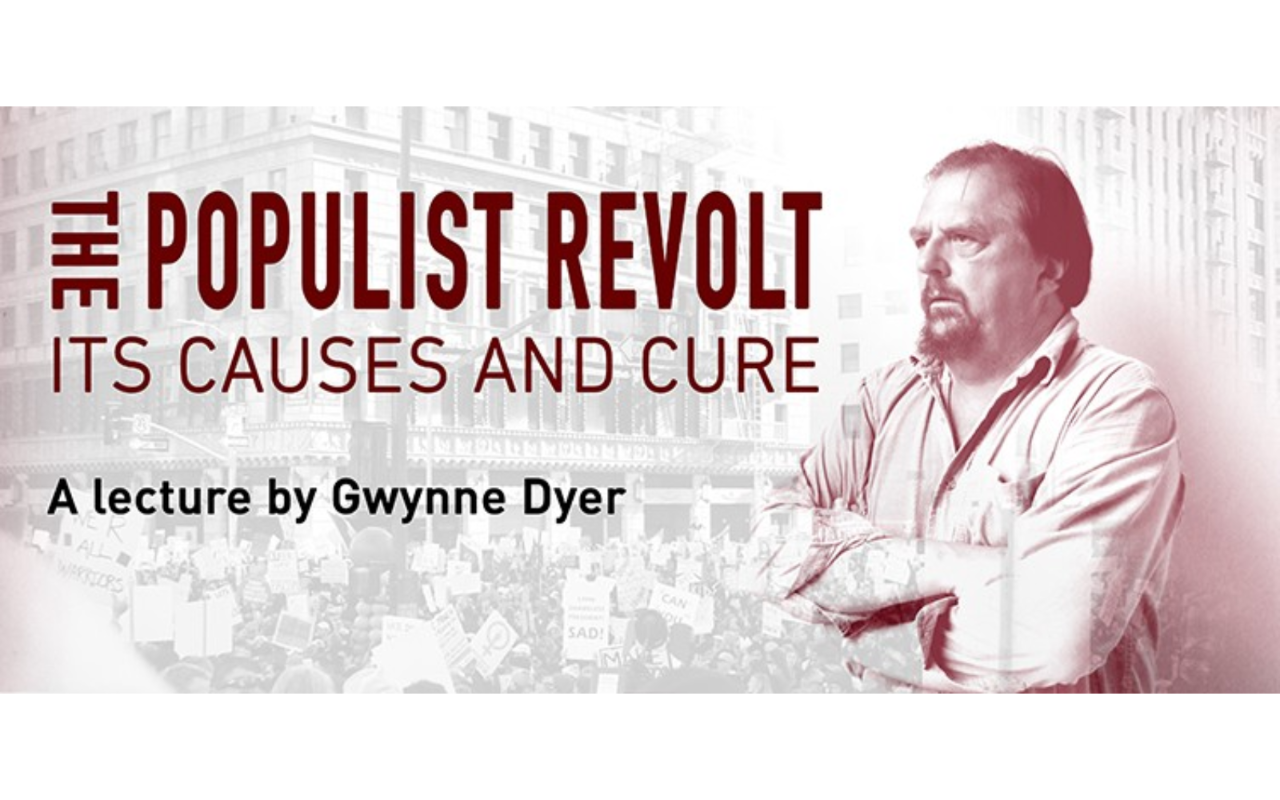Video, Past Event, Arts & Culture, Social Justice
Between Two Pandemics, Ballroom Has Something to Say
About Being Human, The Struggle For Freedom, In The Face Of Catastrophe
*Content Warning: Discussion of sexual violence, racism, homophobia and transphobia*
Please note that there was one video that was part of Michael Roberson's presentation that we were not able to include for copyright reasons. You can find the ad campaign featuring Leiomy here.
Abstract
Black trans women are historically and theologically situated somewhere between Howard Thurman’s notion of “the disinherited” and Frantz Fanon’s notion of “the wretched of the earth.” In a contemporary context, transgender, lesbian, bisexual and gay African-American men and women must overcome complex challenges to establish and secure welcoming and nourishing communities.
While we may already be connected with multiple social groups, our membership in these groups is almost always conditional and tenuous. This constant marginalization sustains the community’s burdens of stigma, violence, housing insecurity, and HIV infection rates, which are estimated to be among the highest of any community in the US.
One response to this marginalization has been the formation of self-sustaining social networks and cultural groups, such as the House Ballroom scene, a Black/Latinx LGBT artistic collective and intentional kinship system that has grown over the past 50 years with its roots stemming from the Harlem Renaissance.
Borrowing from the five tenets of Womanist Theology — founded at Union Theological Seminary NYC (1985) by Dr. Jacquelyn Grant and Dr. Katie Cannon — this talk explore the construction of what I have coined as the six tenets of the history of the House/Ball Ballroom community:
Black Trans-Womanist Theology
Black Freedom/Black Trans Feminist Movement
Art Collective/LGBT Political Movement
Vogue/Performance as both an organizing tool and a hermeneutics of the body
Radical Pedagogy
Spiritual Formation
This talk further explores these tenets and ballroom’s both historical and contemporaneous response to race, class, sexuality, and gender oppression. It will further examine the community's ability to use the art of performance as a hermeneutics of the body and situate its history in mobilizing as a resistance to these oppressions, place it in conversation with other historical struggles, and illuminate the community’s prophetic gift of truth-telling, and its ethical gift of archiving suffering and allowing it to speak.
More specifically, it examines the house/ball community, historically and contemporaneously situated between two pandemics; HIV/AIDS (1981), coupled with the crack drug epidemic (1984) emerging from the US neo-liberal political regime of President Ronald Reagan (1980–1988), and the present moment of the COVID-19 global pandemic coupled with the US crystal meth drug epidemic, emerging from the return of global fascism and the politics of Trumpism.
Speaker Bio
Michael Roberson is a public health practitioner, advocate, activist, artist, curator, and leader within the LGBTQ community. He is the co-creator of the US’s only Black Gay Research group and National Black Gay Men’s Advocacy Coalition, as well as an Adjunct Professor at The New School University/Lang College NYC, and Union Theological Seminary NYC. He is an international art and politics consultant and a member of the international sound art collective entitled “Ultra-red.” Michael is a scholar-in-residence for the Center for Race, Religion, and Economic Democracy, as well as recent TED Media Resident, where he performed a global TED talk about the underground Black/Latinx House/ball ballroom community, entitled “The enduring legacy of ballroom.”
For Black History Month 2021, Michael co-authored an article in Time Magazine titled "Why Voguing and the Ballroom Scene Matter Now More than Ever." Michael also serves as a cultural consultant for Pose, the FX television show. Additionally, he is a public health advisor and community engagement specialist for the NYC COVID-19 contract tracing initiative.
Panel Bios
Justine A. Chambers is a dance artist living and working on the unceded Coast Salish territories of the Sḵwx̱wú7mesh, Musqueam and Tsleil-Waututh Nations. Her movement based practice considers how choreography can be an empathic practice rooted in collaborative creation, close observation, and the body as a site of a cumulative embodied archive. Privileging what is felt over what is seen, she works with dances that are already there – the social choreographies present in the everyday. She is Max Tyler-Hite’s mother.
Henry Daniel is an artist/scholar with a teaching and research specialty in Dance, Performance Studies and New Technology. He teaches at both the graduate and undergraduate levels. His work strives to prepare students to be knowledgeable and well informed, articulate, as well as expert practitioners in their chosen discipline by exposing them to an arts education seen through the lens of arts practice as research. Dr Daniel also uses his funded projects as platforms for introducing both undergraduate and graduate students to the professional world. Through these projects they have the opportunity to establish first hand contact with other academics and artists working within as well as outside a university setting.
Professor Daniel’s current multi-year research Contemporary Nomads investigates the large-scale movement of bodies across international spaces as a kind chaotic transnational choreography, one that speaks to the deep fragmentation existing between communities across national borders, between nationalized and personalized bodies, and between the social and political institutions that were originally designed to serve their communities.
My name is Ralph Escamillan - Canadian born, Queer, Filipinx diasporic creator based on the unseeded and stolen territories of the xwməθkwəy̓əm, Skwxwú7mesh, Səl̓ílwətaʔ/Selilwitulh Nations. I am fascinated with identity, traditions, clothing and the influence of pop culture in a globalising society. I believe the body is powerful and important in communicating these ideas, and should support the body's agency, political values, and ancestral legacy. My goals are to create spaces to foster artists like myself, to speak about stories that can connect to people like myself, so that I am not speaking by myself anymore.
Ralph ‘Posh’ Gvasalia has been in the Ballroom Scene since 2014, opening his own kiki House of Gvasalia. The founder and Artistic/Executive Director of the non-profit organization VanVogueJam, Ralph shares his passion for Vogue/Ballroom culture at his weekly pay-what-you-can classes and vogue balls, acting as a beacon for the queer dance form in Western Canada.
Travis Salway is a social epidemiologist whose research investigates population health inequities in the context of stigma. He joined SFU Faculty of Health Sciences in 2019, coming with 18 years of experience working with sexual minority (lesbian, gay, bisexual, queer) communities to inform and improve public health interventions.
Dr. Salway’s research has resulted in an improved understanding of patterns and causes of mental health outcomes among sexual minority populations. In 2019, he presented this research to the Canadian House of Commons Standing Committee on Health, in the context of their historic study on LGBTQ2 Health in Canada. Dr. Salway is the co-founder and facilitator of The Roundtable: BC’s LGBTQ2S Mental Health & Substance Use Networking Space. He is a Michael Smith Scholar (2019-2024) and an Affiliated Researcher/Faculty at the BC Centre for Disease Control, the Centre for Gender and Sexual Health Equity, and the Community-Based Research Centre.
Presented by
SFU's Vancity Office of Community Engagement






